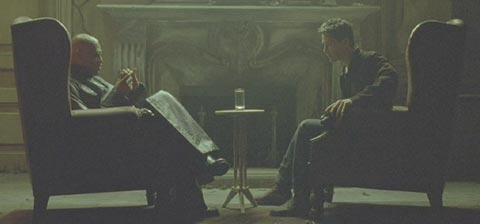From the epilogue of Battling to the End:
The Crusades are not as important as Islam thinks. The Crusades were an archaic regression without consequences for the essence of Christianity. Christ died everywhere and for everyone. Seeing Jews and Christians as falsifies is the most irremediable thing. It allows Muslims to eliminate all serious discussion, any comparison among the three religions. It amounts to not wanting to see what is at stake in the prophetic tradition.
Why has Christian revelation been subject to the most hostile and ferocious possible criticism for centuries, but not Islam? There is an abdication of reason here. In some respects, it resembles the aporia of pacifism, which as we have seen can be a strong encouragement for aggression. The Koran would thus benefit from being studied in the same way the Jewish and Christian texts have been studied. I think that a comparative approach would reveal that it contains no real awareness of collective murder.
Christians understand that the Passion has rendered collective murder inoperative. This is why, far from reducing violence, the Passion aggravates it. Islamism seems to have understood this very quickly, but in the sense of jihad.
-Rene Girard, Battling to the End, p.216
This is how Jesus “does not come to bring peace, but a sword”. Our usual way of gaining peace all by ourselves, (war!), will be increasingly ineffective. Islam has been aggravated more by this more than the rest of the world even.

